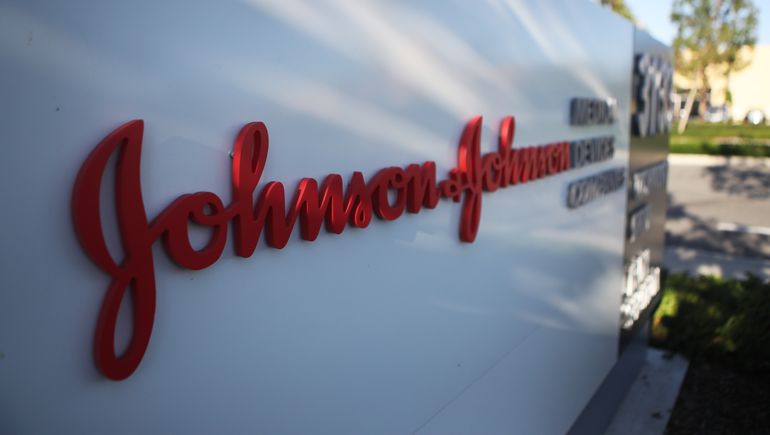By the numbers
Q4 MedTech sales: $7.67 billion
13.3% year-over-year growth on a reported basis
Interventional solutions: $1.67 billion
Nearly 52% year-over-year growth
Orthopedics: $2.27 billion
5.6% year-over-year growth
2023 MedTech sales: $30.4 billion
Roughly 11% year-over-year growth
Johnson & Johnson’s surgery and orthopedic units had solid growth to close out 2023 as procedure volumes remained stable after COVID-19 declines, potentially signaling positive reports from other procedure-dependent medical device companies this earnings season.
The healthcare giant, which typically reports early in the season and can be a bellwether for companies like Boston Scientific, Medtronic and Stryker, expects procedure volumes to remain above pre-pandemic levels for all of 2024.
CEO Joaquin Duato told investors on a Tuesday earnings call that the COVID-19 impact has stabilized globally, though the company is still being affected by macroeconomic challenges like inflation and hospital staffing shortages.
“When we think about our results in 2023, we think it’s going to be aligned with our [competitors] for the year, but ahead of our competitor composite in the fourth quarter,” Duato said. The CEO said the company expects surgery volumes to offset ongoing macro challenges and grow above historical averages.
The improving environment for procedure volumes led to fourth-quarter and full-year growth for J&J’s surgery unit and spine, hip and knee surgeries in both the U.S. and international markets, a positive sign for its orthopedics competitors.
BTIG analysts said that J&J’s growth in global knee sales in the quarter — roughly 18% year over year on a reported basis, compared with 4.5% in the U.S. — could be more of a positive for Zimmer Biomet than Stryker, as the former company has a larger share of global revenue for its knee business.
“That said, recent strong utilization comments from health insurers coupled [with J&J’s] comments on continuing orthopedic strength in FY24 should favor both [Stryker] and [Zimmer’s] US knee results,” the analyst wrote Tuesday morning in a note to investors.
Duato said the recovery for procedure volumes was also a driver for electrophysiology, which grew nearly 25% last quarter, boosting the interventional solutions business. The unit was also helped out by Abiomed, which has proven to be a solid addition roughly one year after J&J closed its $16.6 billion acquisition of the heart pump company.
Jessica Moore, vice president of investor relations, said Abiomed contributed $340 million in sales in the fourth quarter.
J&J’s quarter was not without its challenges, however. The medtech business was hurt in the quarter by international sanctions in Russia, primarily in its vision and advanced surgery businesses. CFO Joe Wolk said the sanctions will continue to have a “modest impact” on the medical device business through the first half of 2024.
The company reiterated its guidance of 5%-6% operational sales growth and the goal for new products to generate one-third of revenue by 2027, both of which were given during its December investor day. J&J ended the year with several developments in competitive and growing medtech markets, including an updated timeline for Ottava, its soft tissue surgical robot to take on Intuitive Surgical’s da Vinci system, and the $400 million purchase of Laminar to gain a stronger position in the left atrial appendage closure space.

